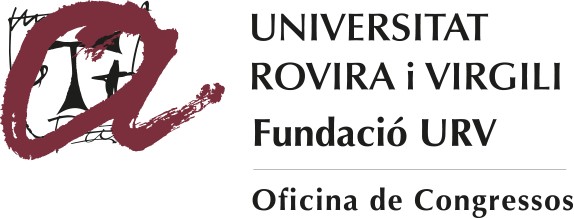DAY 1. From Robust Climate Data to Trustworthy Climate Services: Tackling the Climate Emergency
The goal of this conference is to share with society and the university community concepts and knowledge about how science is addressing the impacts and challenges posed by climate transition through contributions that can help prepare us to respond to the climate emergency.
The conference will address concepts such as what climate science is and how it has progressed from the development of quality baseline climate information, and climate data. It will touch upon topics such as climate monitoring and its challenges, the advantages and limitations of climate modelling, and the use of regional models and climate projections to more accurately predict and address the sectoral impacts of climate transition.
It will also focus on foreseeable climate impacts on deltaic coastal systems, the development of climate indicators aimed at supporting the requirements of end users in sectors such as agriculture, energy, health, water and tourism, and disaster risk reduction throughout Europe with the European project INDECIS, coordinated by the URV, to examine the creation of value for the climate services that today's society demands.
The conference will close with a roundtable intended to foster debate among stakeholder representatives from the political, communication and social arenas.
|
Hour |
Title |
Speaker/s |
|
9:00 – 9:30 |
Opening of conference: Welcome from the rector of the URV Conference Objectives, Organisation and Introduction |
María José Figueras Manola Brunet, professor in the URV’s Geography Department and chair of the Commission for Climatology (CCl) of the World Meteorological Organisation (WMO) |
|
|
Moderator of the morning session: |
Enric Aguilar |
|
9:30 – 10:15 |
The Story of Climate Data |
Thomas Peterson, former head researcher for NOAA’s National Center for Environmental Information (NCEI), Ashville, North Carolina (USA), and chair of the Commission for Climatology (CCl) of the World Meteorological Organisation (WMO) |
|
10:15 – 11:00 |
Monitoring and Analysis of Global Climate: The Role and Challenges of the Commission for Climatology (CCl) of the World Meteorological Organisation (WMO) |
Manola Brunet, professor in the URV’s Department of Geography and chair of the Commission for Climatology (CCl) of the World Meteorological Organisation (WMO) |
|
11:00 – 11:30 |
Coffee-break and networking |
|
|
11:30 – 12:15 |
Climate Modelling and Regional Projections in the Context of Climate Services
|
Clare Goodess, director of research of the Climate Research Unit of the University of East Anglia, Norwich (UK) |
|
12:15 – 13:00 |
The Climate Emergency in Coastal Zones: Challenges in the Ebro Delta |
Carles Ibàñez, researcher for the Marine and Continental Waters Programme of the Institute of Agricultural and Food Research and Technology (IRTA) |
|
13:00 – 15:00 |
Lunch break |
|
|
|
Moderator of the afternoon session: |
Manola Brunet |
|
15:00 – 15:45
|
The Development of Datasets, Tools and Climate Services for Climate Monitoring: the INDECIS Project
|
Enric Aguilar, researcher for the Climate Change Centre and Director of the Geography Department of the URV |
|
15:45 – 16:30 |
The Valorisation of Climate Services
|
Sonia Quiroga, professor in the Department of Economics at Alcalá de Henares University |
|
16:30 – 18:30 |
Roundtable on the Climate Emergency Moderator: Enric Aguilar, senior lecturer in the Geography Department of the URV
|
|

